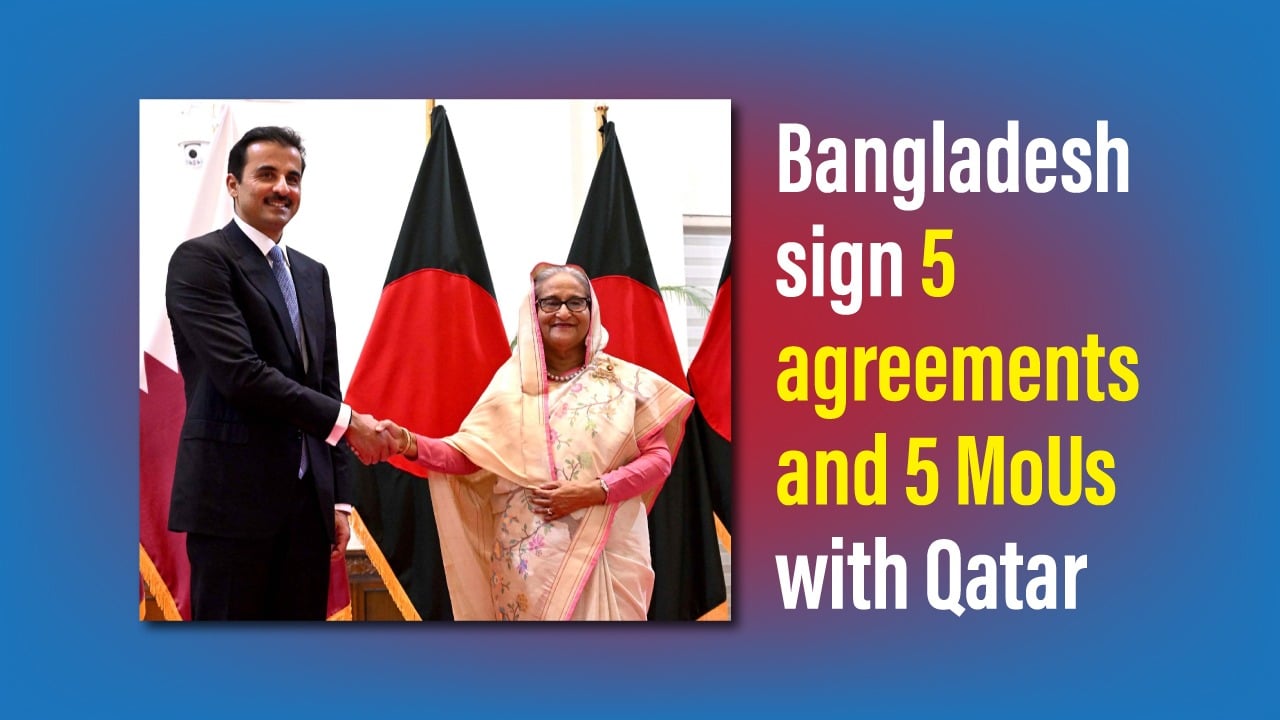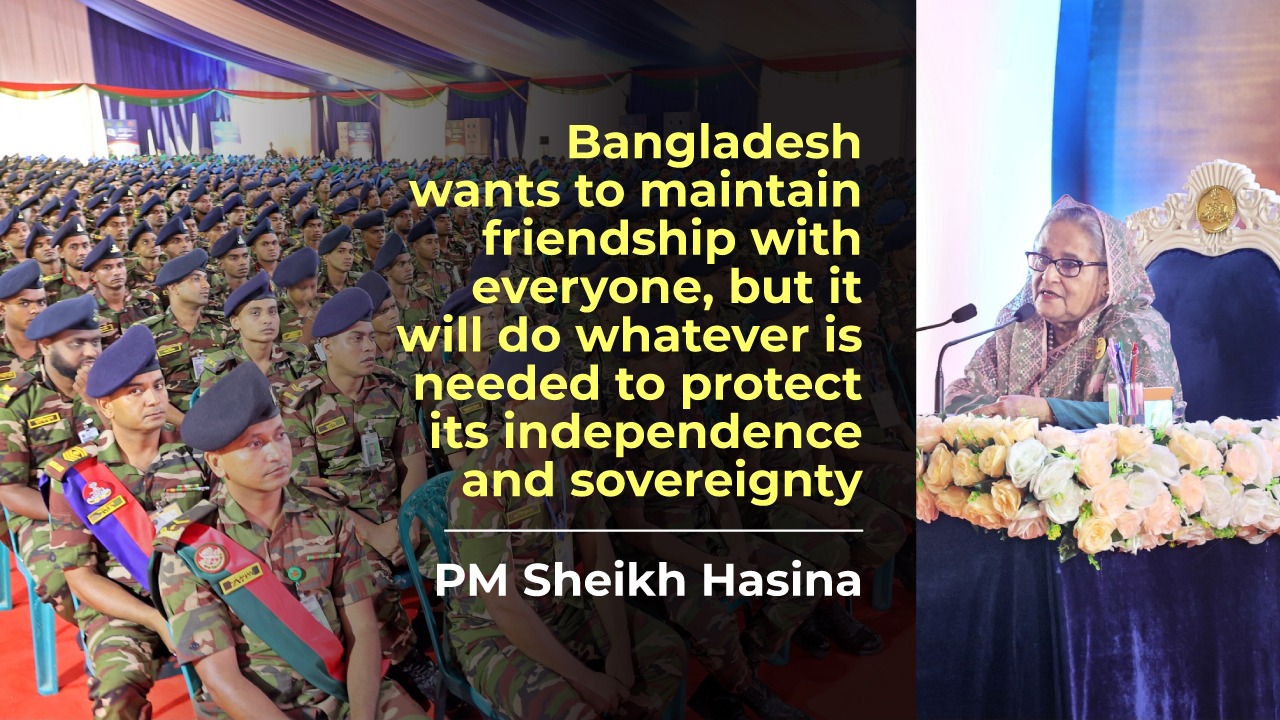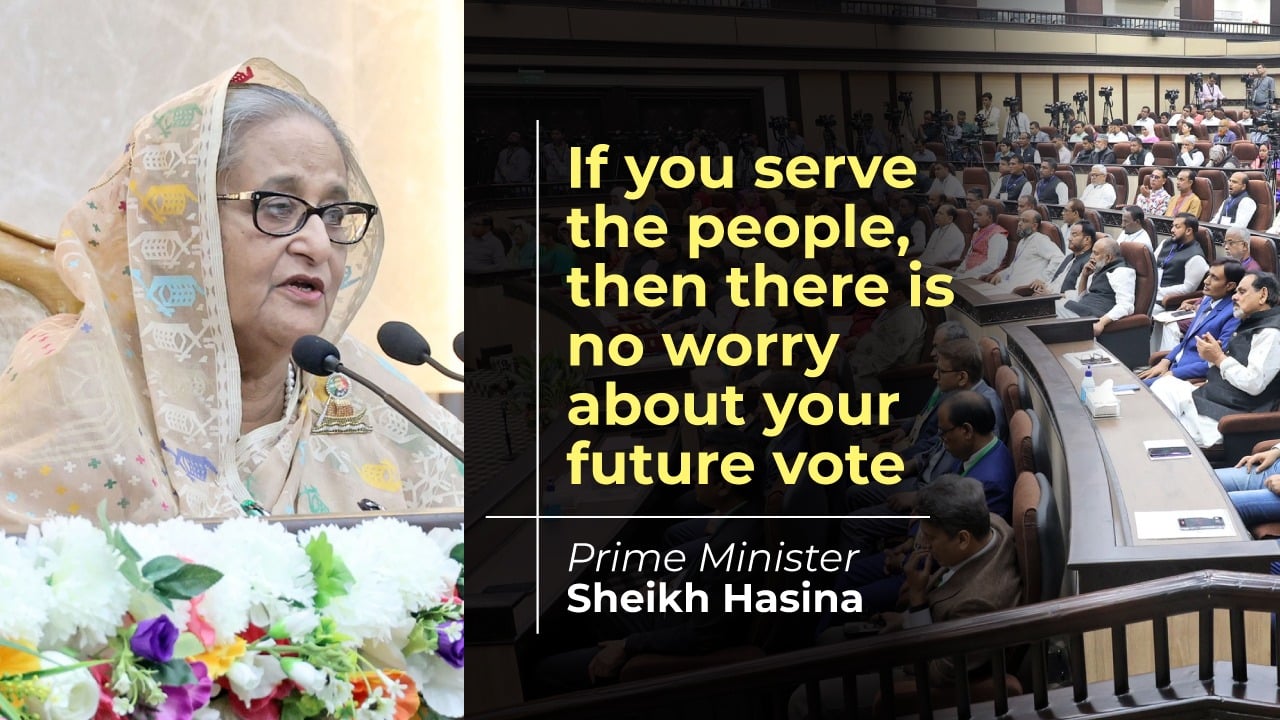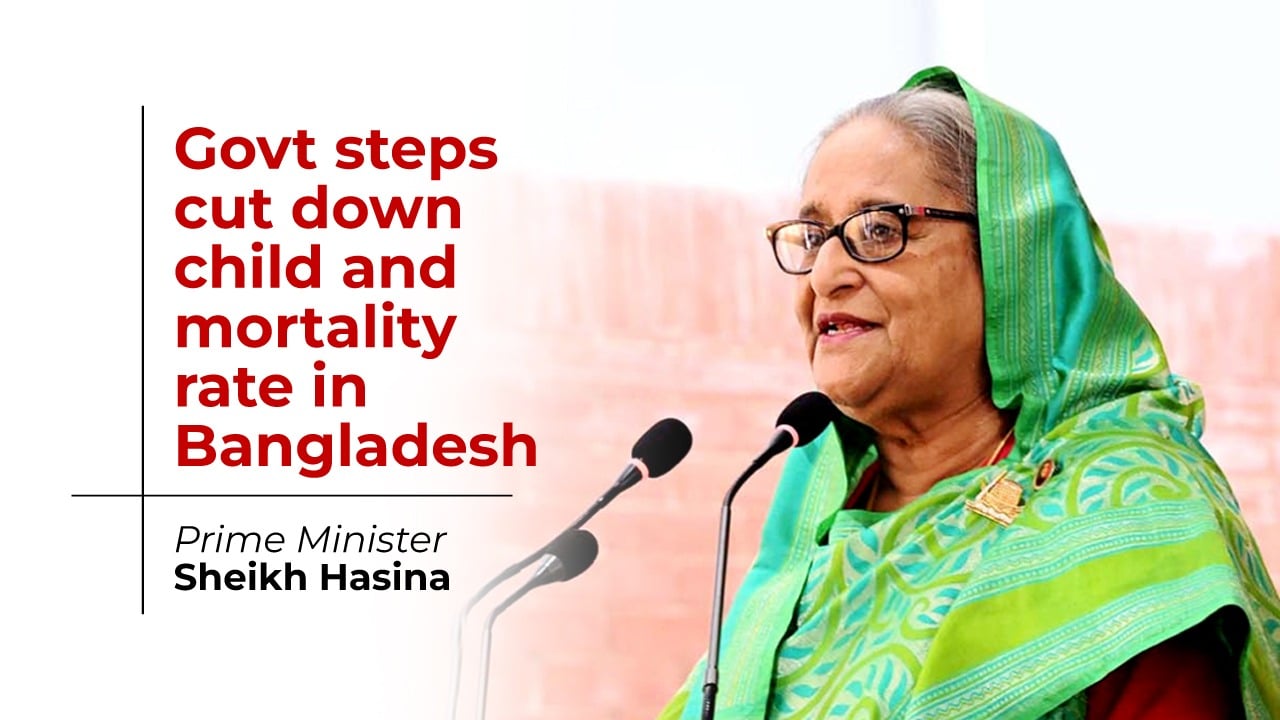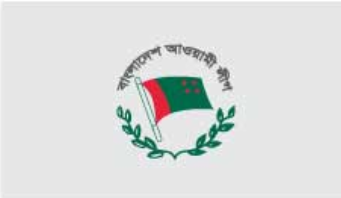6183
Published on February 11, 2018Very recently, the political environment of Bangladesh has become concerned over the issue of the verdict - on orphanage graft case against Khaleda Zia. Centering on this issue, Bangladesh Nationalist Party (BNP) leadership has remained busy in establishing the fact that Khaleda Zia would be convicted through the influence of the government over the court.
They are trying to establish the fact that the government is trying to keep BNP away from the upcoming election by making Khaleda Zia convict in this case. On observance of the conversations of BNP leaders, a couple of things have come up in front of us: first, how did the BNP leaders come to know that Begum Zia is going to be convicted? Second, the way they are expressing their opinions is certainly "contempt of Court".
If we analyze the merit of the case, it will be evident that the case was filed by the Anti-Corruption Commission with Ramna Police Station in July 2008, under the army backed caretaker government. The ACC accused Khaleda Zia and five others in charge of misappropriation of over TK 2.1 crore that had come from a foreign bank as grants from the Amir of Kuwait for orphans.
An analysis of the case documents suggests that Begum Khaleda Zia opened an account in the name of "Prime Minister's Orphanage Trust" with Sonali Bank, Ramna Branch while she was the prime minister during 1991-1996. Later on, Tk 4,44,81,2016 (equivalent to US$ 1,26,000) was deposited in the account from United Saudi Commercial Bank on June 9, 1991. But, the money was not spent for any orphanage. A total of Tk 2,33,33500 was given to the Zia Orphanage Trust that was set by Khaleda's two sons and a nephew on 13, November, 1993. The money was given for establishing an orphanage in Bogra. Accordingly, the money was deposited in the trust account on the 15th of November.
Again the money was transferred to the account of two other accused-the then BNP lawmaker Kazi Salimul Haque and businessman Sharfuddin Ahmed. Since the money was a grant from the Amir of Kuwait, it was a public fund. Thus, Begum Zia had committed crime by transferring money from a public fund to the Zia Orphanage Trust which was a private fund. As a layman, if we try to understand the merit of the case, it would be evident that crime had been committed.
The Zia Orphanage Trust case is not the only case against Begum Zia family. Rather, there are several cases, where misappropriation of public money had been done. These incidents have been well documented in several government official statements in many occasions. For instance, Ms. Debra La Prevotte Griffith, who was a former special agent of the US Federal Bureau of Investigation (FBI) and had years of experience in researching and analyzing the systemic corruption which took place in Bangladesh during the 2001-06 government led by BNP, made several serious comments on BNP and the Zia Family's Corruption and made it clear in many occasions that Zia family had got involved in many corrupt practices.
In a detailed statement dated 21 November 2016 for the then judicial proceedings against Tarique Rahman and his friend and business partner Giasuddin Al Mamun for money laundering, Ms. Griffith made a number of serious and factual comments which show the breadth and institutionalization of corruption by BNP top brass, especially members of the Zia Family. In this write-up this writer is reproducing her comment on the Siemens Corruption Case verbatim without editing:
"As part of the Siemens investigation, I learned that Hafiz Ibrahim (the brother of Giasuddin al Mamoon and an ex-Member of Parliament) had channelled money from Siemens to the Hawa Bhavan, the alternate power house of the then Prime Minister's son Tarique Rahman, and also to the sons of the shipping and finance ministers. I traced an account opened by the Prime Minister's other son, Arafat Rahman (Koko), and found three sources of funds into that account: 1) Siemens, through consultants; 2) China Harbour Engineering, associated with the Chittagong container terminal project; and 3) funds from an individual in the UAE associated with Warid Telecom.
As a result of these investigations, the F.B.I. and DOJ brought a civil forfeiture action in the United States against funds traceable to bribes paid to Arafat Rahman and deposited into an account in Singapore. Arafat Rahman did not contest this court action. As a result, the United States and Singapore were able to return approximately $2,000,000 USD to the Government of Bangladesh".
The above case is another instance that speaks of the fact that to what extent corruption took place in the country during 2001-2006 regime of BNP-led government. As a matter of fact, all corruption charges indicate that there was involvement of Begum Zia family in most of the cases. Having got involved in a large-scale corruption while in power is not at all desirable in a country. Unfortunately, these are taking place in every now and then in our country.
Thus, it is expected that the BNP leadership wait until the verdict is declared. They should face the case through the legal procedure. We all should bear in mind that law should take its own course and nobody is above the law. If they do not agree to the judgment, they could opt to file an appeal against the judgment in the higher court. But, they should not use the judgment of the court to fulfill their political desire. And it is strongly believed that it would be very difficult to mould public opinion in their favor through the legal matters.
